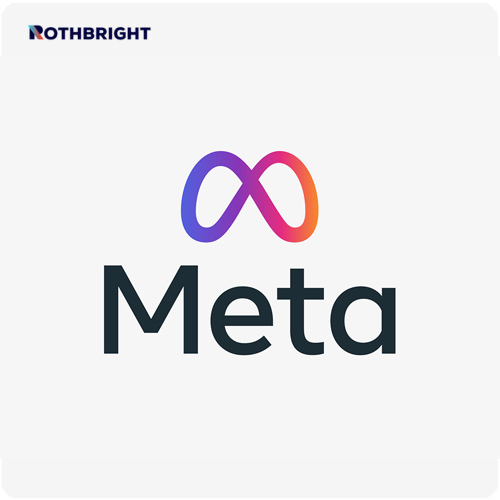Digital Evaluation
A digital evaluation, also known as a digital assessment or digital audit, refers to the process of analyzing and assessing various aspects of an organization’s online presence, digital strategies, and technology implementations. The goal of a digital evaluation is to measure the effectiveness, efficiency, and overall impact of digital initiatives, such as websites, social media campaigns, online marketing efforts, and technology systems.
Here are some key components of a digital evaluation:
A comprehensive digital evaluation provides organizations with valuable insights into the effectiveness of their digital initiatives, allowing them to identify areas for improvement, capitalize on strengths, and make informed decisions to enhance their online presence and digital strategies.
Why is a digital evaluation important?
A digital evaluation is important for several reasons as it provides organizations with valuable insights into their online presence, digital strategies, and overall effectiveness in the digital landscape. Here are some key reasons why a digital evaluation is crucial:
In summary, a digital evaluation is essential for organizations looking to thrive in the digital age. It provides valuable insights, fosters adaptability, enhances user experience, and supports strategic decision-making, ultimately contributing to the organization’s growth, competitiveness, and long-term success.
What tools are used to complete a digital evaluation?
Digital evaluations involve assessing various aspects of an organization’s online presence, digital strategies, and technology implementations. Several tools and platforms can be utilized to gather data, analyze performance, and generate insights during a digital evaluation. Here are some commonly used tools:
When conducting a digital evaluation, selecting the appropriate combination of these tools based on the specific goals and areas of focus is crucial. Utilizing these tools effectively can provide organizations with valuable data and actionable insights to enhance their online presence and digital strategies.





























